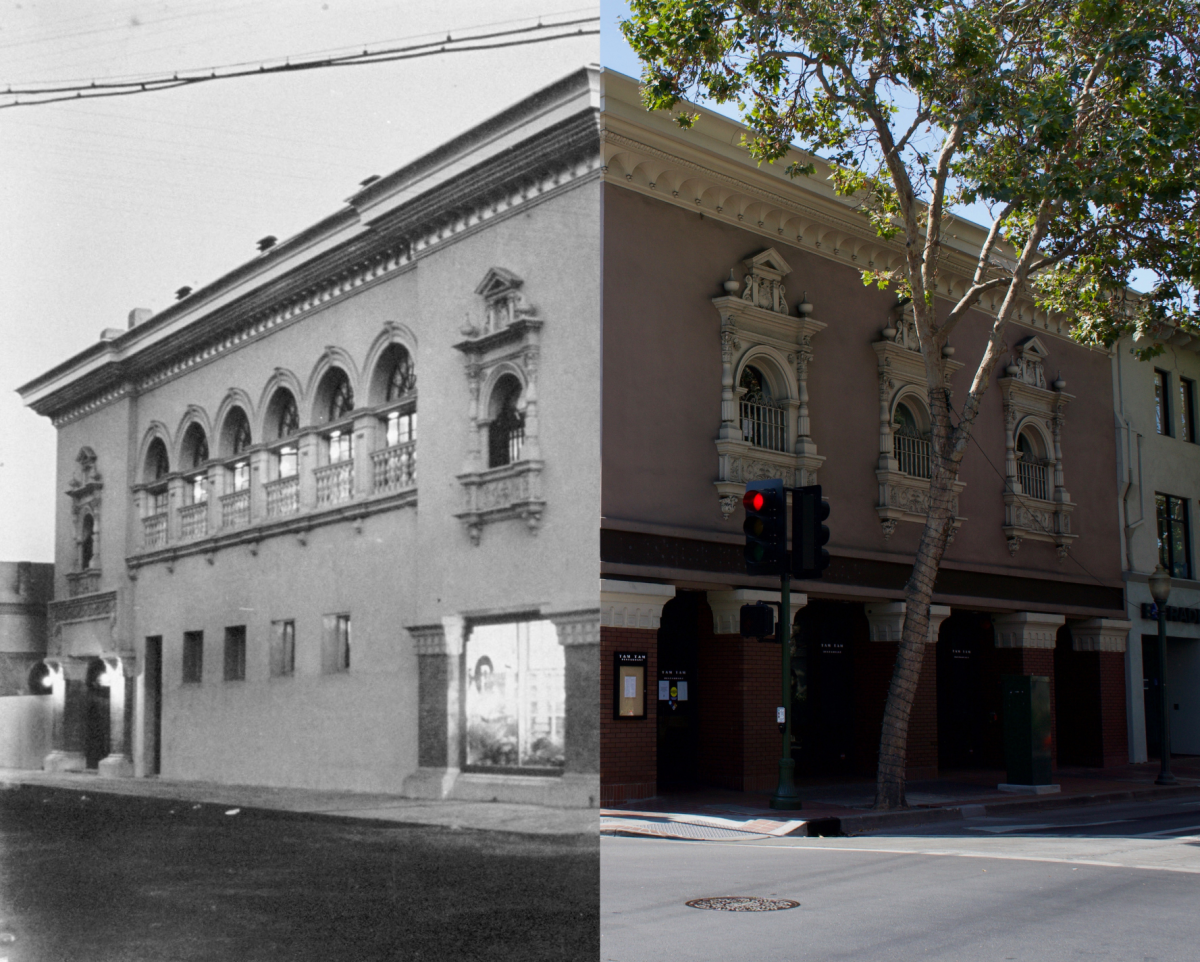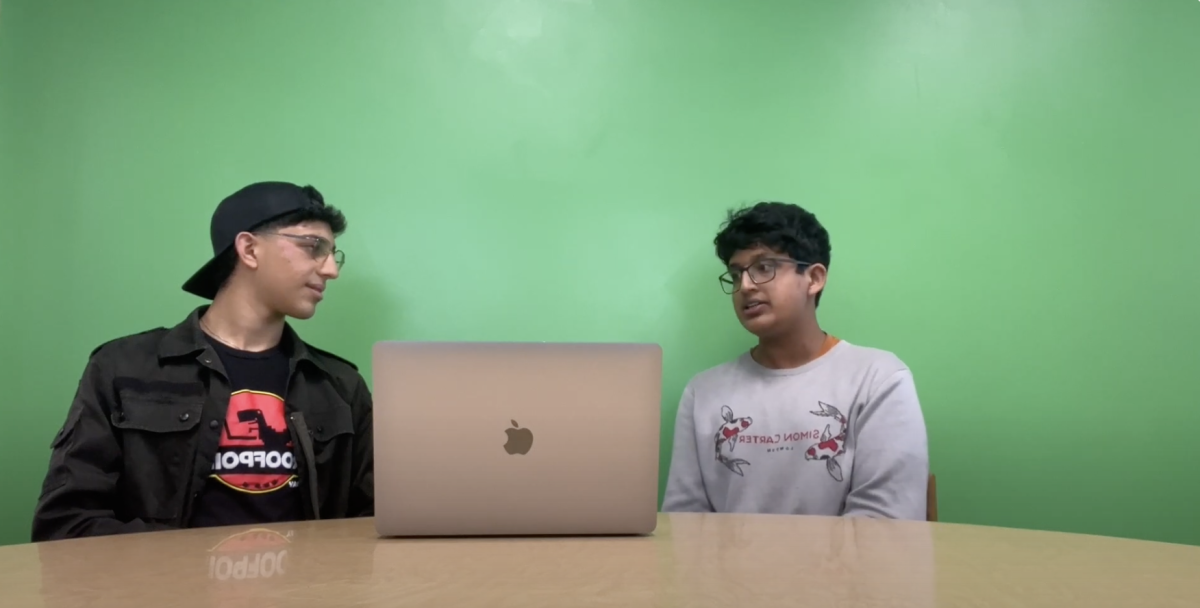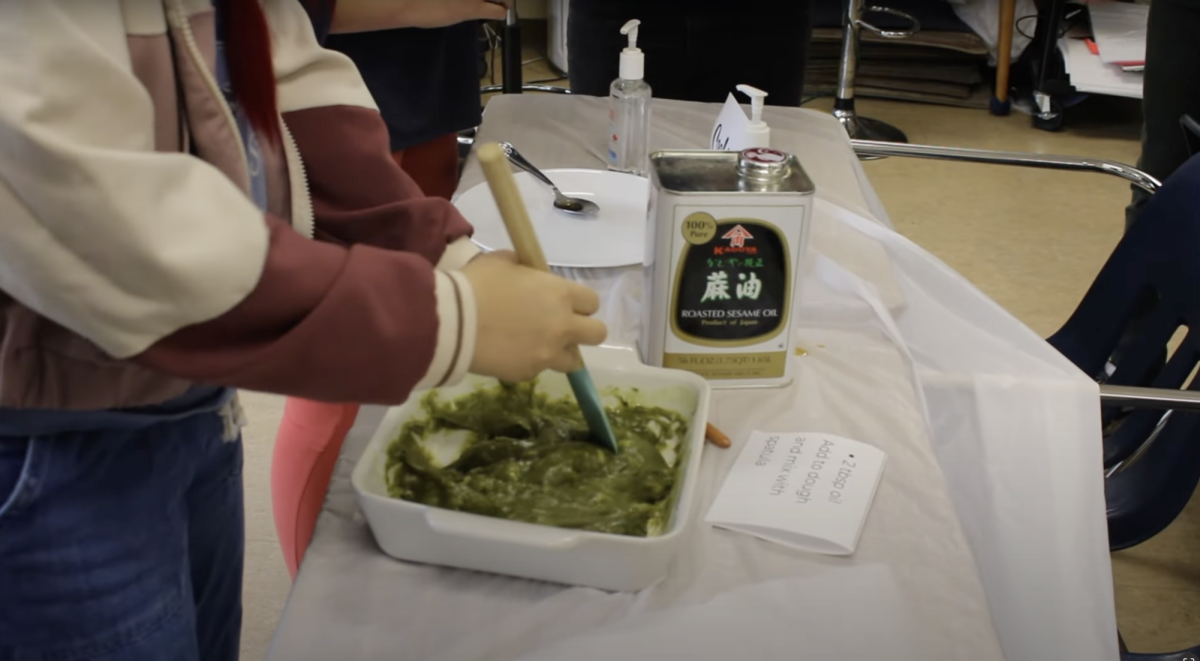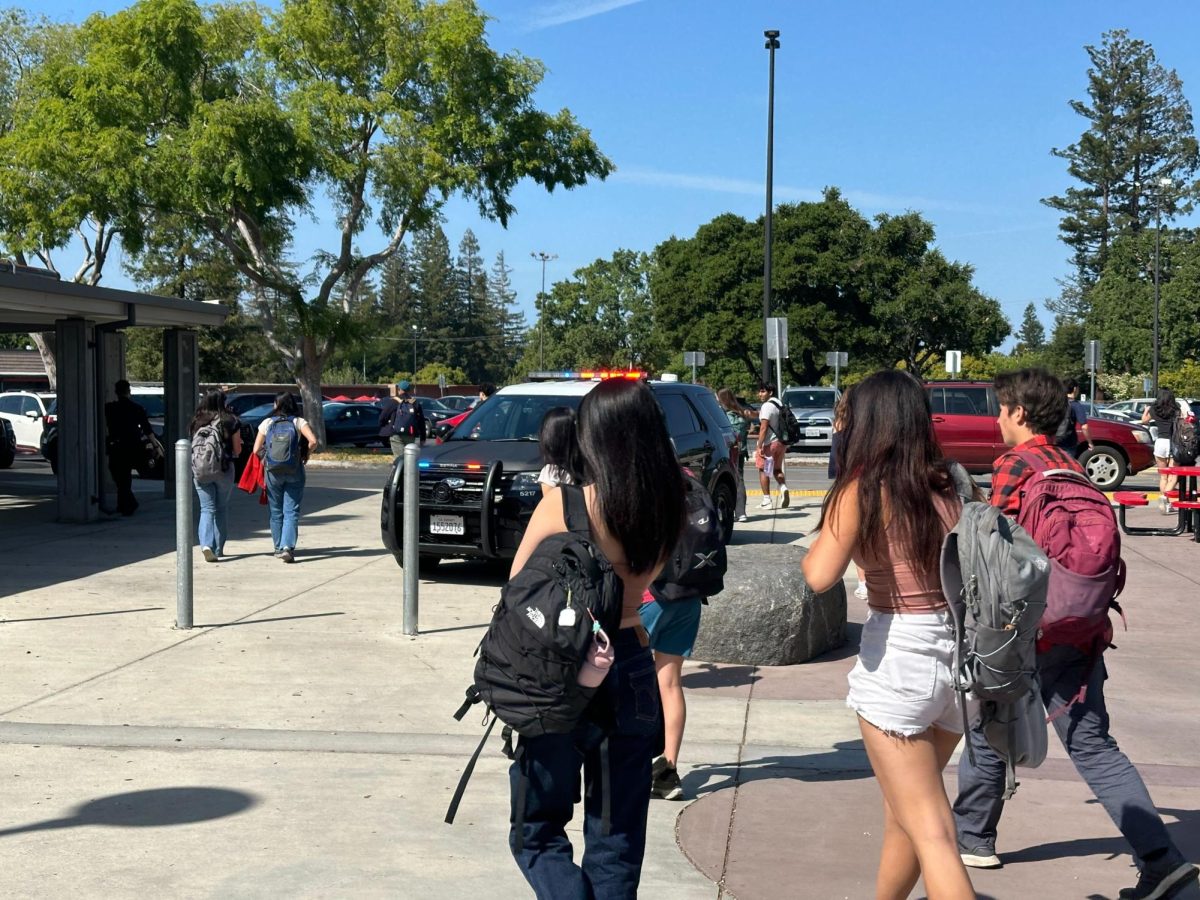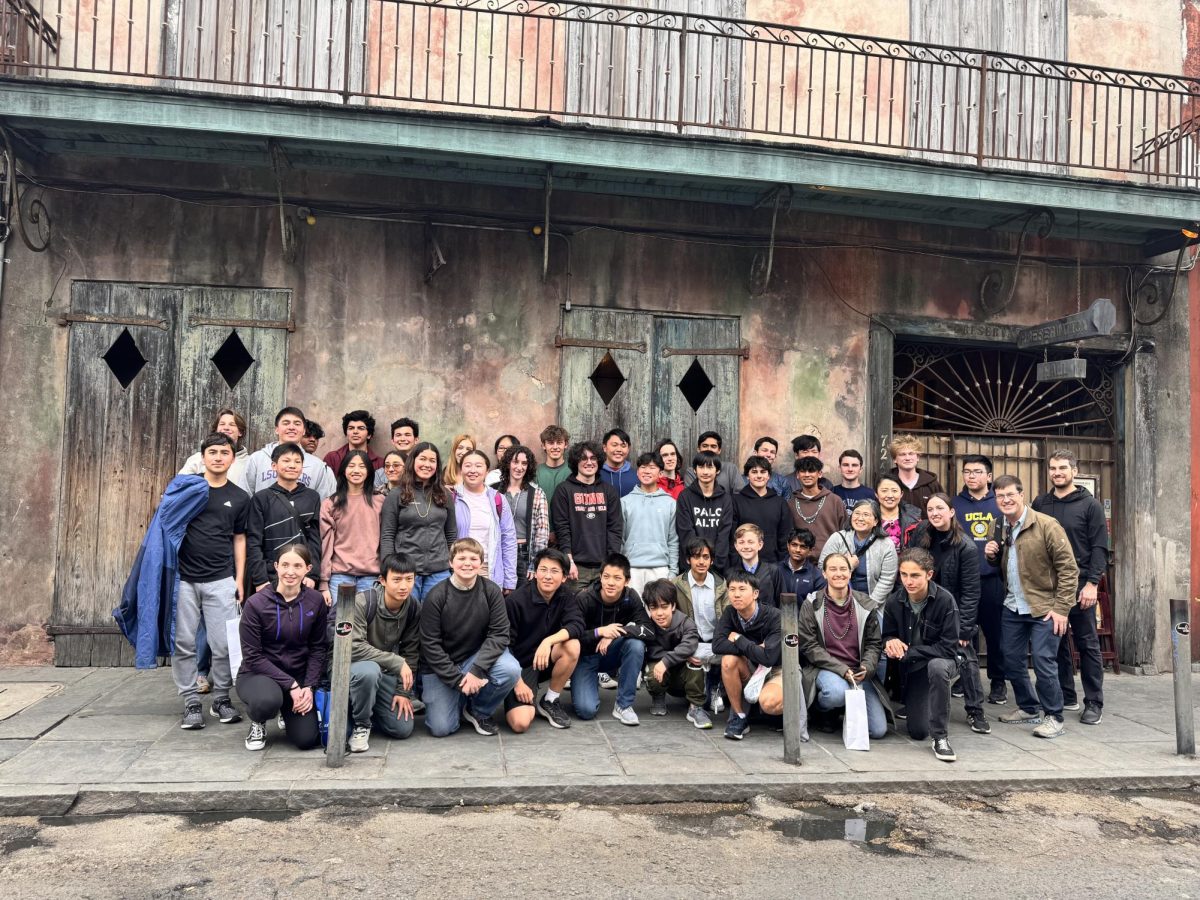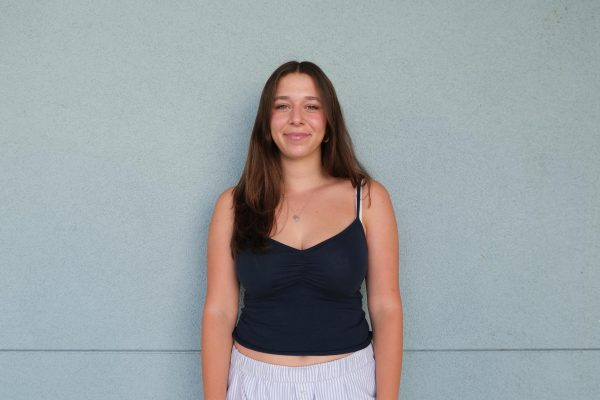On Dec. 6, the City of Palo Alto’s Human Relations Commission — which aims “to promote fair and just treatment of all people in Palo Alto,” according to its mission statement — held a special meeting to hear Muslim and Arab community members’ concerns regarding recently amplified Islamophobia and anti-Arab sentiment. Alongside sharing experiences of Islamophobia and anti-Arab hate in Palo Alto, speakers called on the HRC to act, proposing official recognition of holidays, cultural events, education and safety measures.
The ongoing Israel-Hamas war has seen a rise in Islamophobia and anti-Arab hate, alongside one of antisemitism, in the U.S. Recent crimes against Muslims and Arabs include the murder of a 6-year-old Palestinian boy in Illinois, and at the local level, a hit-and-run attack on an Arab Muslim Stanford University student currently being investigated as a hate crime.
At this meeting, Muslim and Arab community members said that City Council members were not adequately addressing their concerns. They also shared their experiences with prejudice, spanning harassment, stereotypes, slurs, doxing and discrimination, even prior to Oct. 7. They explained that they are frequently and falsely associated with terrorism and violence, due to their ethnicity, race or religion.
Uzma, a Muslim resident of Palo Alto and mother of PAUSD students who wished to be identified by her first name only, presented slides titled “Local Muslim and Arab Experiences in the Face of Rising Islamophobia and Anti-Arab Hate” during the meeting.
“I definitely feel (Islamophobia), I definitely feel it in the glances that I get when I wear a hijab,” she said in an interview. “I’m afraid to wear a hijab outside, and I feel that when dehumanization is happening overseas, it can also lead to dehumanization here.”
PAUSD students’ parents also shared their worry over unaddressed Islamophobia and their children’s safety. Muslim and Arab presenters at the meeting cited several incidents caused by stereotyping and Islamophobia, including an incident during which a PAUSD teacher removed Arabic writing from a presentation about Khaled Hosseini’s “Kite Runner” after a student voiced concerns. They also mentioned a statistic from a recent Time Magazine article: According to a 2021 study conducted by the California chapter of the Council on American-Islamic Relations, 56% of Muslim youth respondents reported feeling unsafe at school due to their identity and 20% have missed school because of it.
“I don’t want my children to experience what I experienced,” Ahmed, a Palo Alto resident and PAUSD parent who wished to be identified by his first name only, said in an interview with The Oracle.
These concerns around PAUSD’s response to the conflict follow an Oct. 27 school-board meeting at which the Board adopted resolutions condemning antisemitism and Islamophobia. At the school-board meeting, Jewish, Muslim, Arab and Middle Eastern/North African students expressed concerns regarding student safety.
Ahmed, who moved to Palo Alto in hopes of living in an inclusive, safe environment, said he recently perceived an indifference in the City’s responses to injustices faced by different groups.
“I want the City to be balanced (and) the city to recognize that there are Jewish members of the community who are feeling pain and are experiencing antisemitism, and we recognize that,” he said in an interview. “But also (for the City) to realize that there are members (like) Palestinians and Muslims in this community that are also feeling pain and feeling dehumanized, because the City’s government is actually not explicitly acknowledging our pain.”
Several community members proposed ways to help the Muslim and Arab community feel heard and to break down hatred and stereotypes. They recommended creating more bridges for people, primarily students, to learn about different cultures and experiences.
“I think one of the greatest things we can do is have those types of cultural things that are part of our culture, identity and heritage (be) celebrated,” Uzma said in an interview. “When terrible things are happening overseas, we have to kind of double down on the joy, which is hard to do, because it’s difficult when you see someone suffering in the world. But things like the festivals and the literary festivals and talking about prominent Muslim Americans from the past, like Muhammad Ali, actually goes a long way.”
According to Human Relations Commission Vice Chair Adriana Eberle, the commission will be reconvening in February to discuss how community members’ concerns may be addressed.
The HRC’s Jan. 12, 2024 meeting will address antisemitism faced by Jewish community members.






